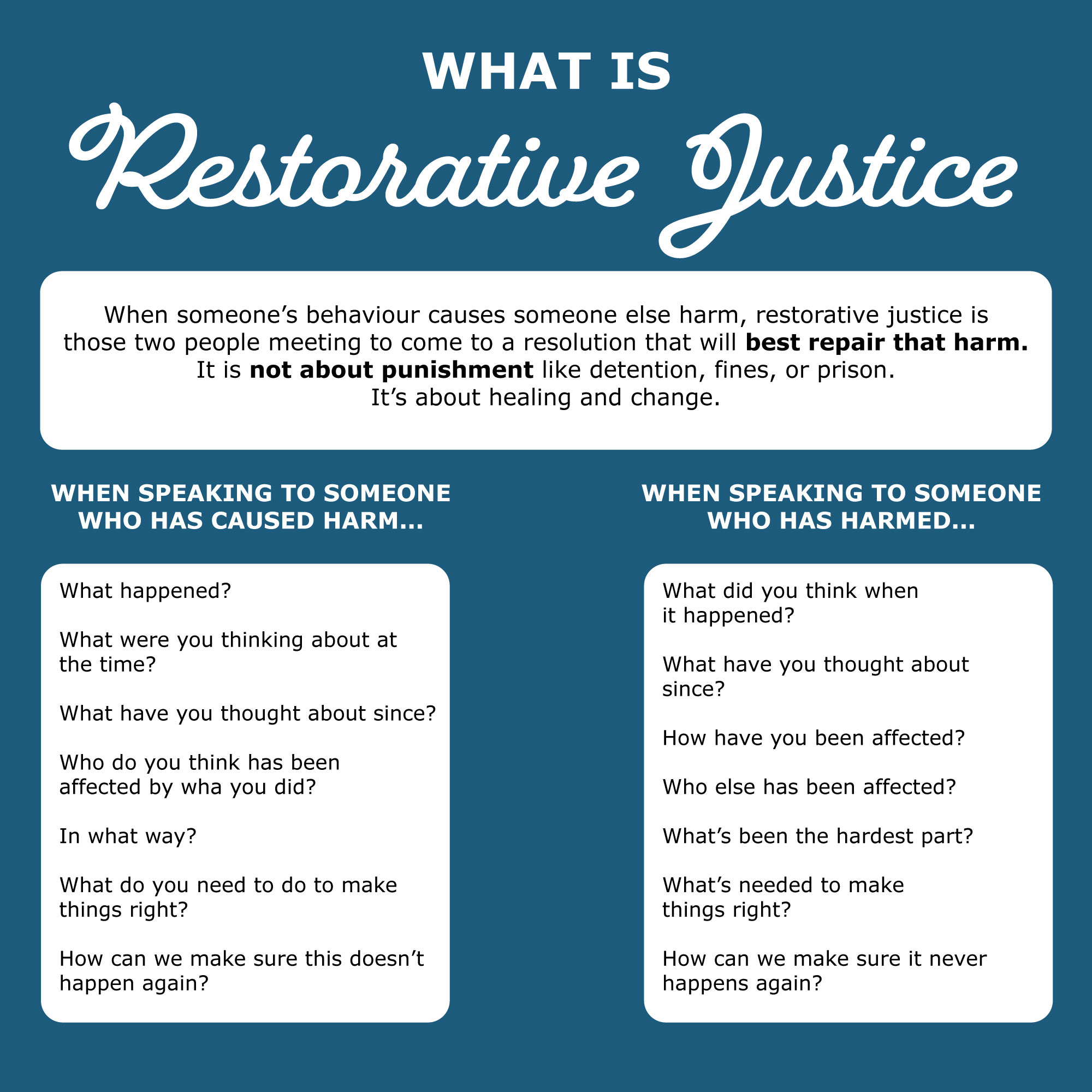The pandemic has likely increased your time spent online more than ever.
While this can be beneficial for staying in touch and forming connections, it can act as a forum for people to freely express their opinions – for better or worse. One post has the capacity to reach a large audience and to be judged by the public, in some cases, generating ‘cancel culture’.
You may be familiar with the phrase ‘cancel culture’. If not, the term gained popularity in 2017 and is essentially the act of publicly boycotting a person, brand, or movement for something they said, did, or represented. The content we consume via social media can have huge impacts on our mental health, as people sometimes respond to things with immediacy, having a knee-jerk reaction before doing research, understanding the context, or considering the impacts of their actions. Today, we would like to highlight how to be mindful of social media use.
of public shaming can include:
- Job loss
- Tarnished reputations
- Broken relationships
- Development of anxiety and/or depression
- Bullying and harassment
to all parties.
Accountability is to take responsibility for one’s actions and to be held to the commitments one makes moving forward. It is important for people to be held accountable for their poor choices or behaviours which were rooted in racism, sexism, ableism, classism, ageism, xenophobia, homophobia, or abuse, even if unintentional. Otherwise, there would be no reason for them to understand why it was problematic and to learn from it. Celebrities and companies are in the position to be highly influential to others, and have the power to contribute towards structural change, meaning to reduce social inequality though institutions (schools, government, religion, legal system, etc.) that may treat particular demographics unfairly or limit their opportunities. Therefore, accountability has a place and can make a positive difference.
- When you make the decision to post something, it is crucial to go forward with the knowledge that it could potentially be out there forever, regardless of whether you choose to delete it in the future.
- Prior to commenting on something, ask yourself if you would say the same thing to someone’s face. The fact that it is online should not make a difference in what you communicate.
- Reduce your social media activity. Some studies have shown that limiting your daily average to 30 minutes and under leads to happier moods and feelings.
- Follow the ‘CRAP’ criteria when sharing news stories. This can help minimize spreading ‘fake news’ and misinformation.
- Ensure you maintain your online relationships in real time as well. Relying solely on online connection can blur the lines between public/private life and can affect our social skills. Texts and other forms of messaging do not include facial expressions, body language, or tone, which allows risk for misinterpretation.
Responding to Something That Bothers You
If you feel the need to respond to something that bothers you, before punishing, shaming, or ostracizing someone, try using restorative practice techniques. In restorative justice, an individual/group would be given the opportunity to address their wrongdoing, put steps in place to repair harm, and holds themselves and others accountable. It offers a process similar to rehabilitation, or simply to give people a chance before blacklisting them.

- Send them a private message regarding your concerns.
- Give them space to learn from their actions and make an apology.
- Self-reflect. Have you made a similar mistake? What if you were in their shoes? Have you/would you want to be given the opportunity to educate yourself and grow from this experience before being written off?
- If the person or business does or promotes something that you do not agree with or causes you harm, you do not have to support them. Whether it’s cutting off a friend who treats you badly or switching brands because the one you use tests on animals, it is your right to make your mental health a priority.
- Don’t join the bandwagon. If you see pressure to cancel someone/something, don’t take action solely because you want to be on the ‘right’ side of things. Educate yourself on the situation first prior to forming an opinion.
- Use your voice for good. If bringing about change is your goal, name calling isn’t going to get you very far. Create and/or share resources, have meaningful conversations, and extend grace to those who are actively learning.



